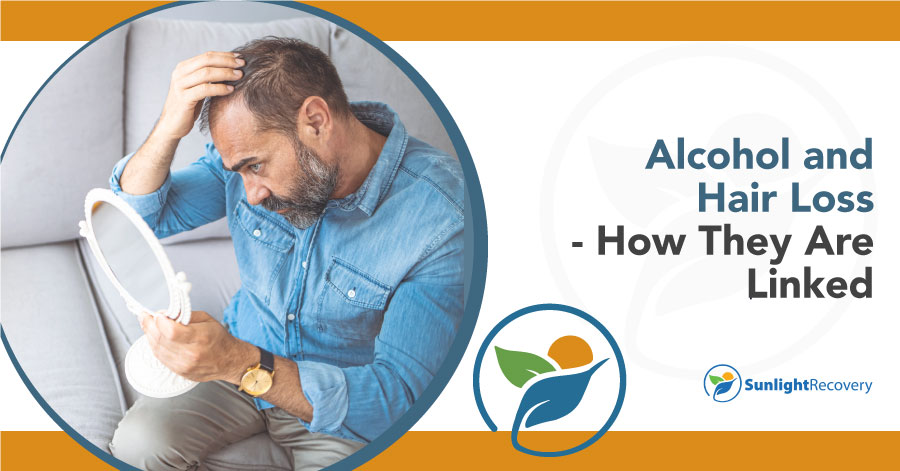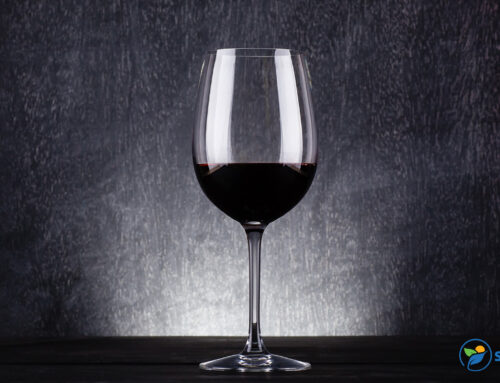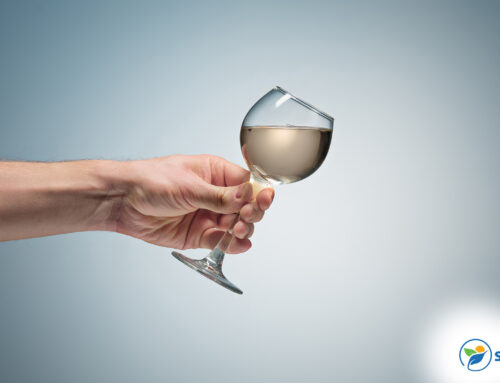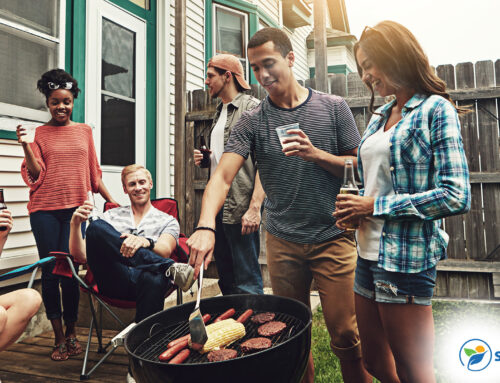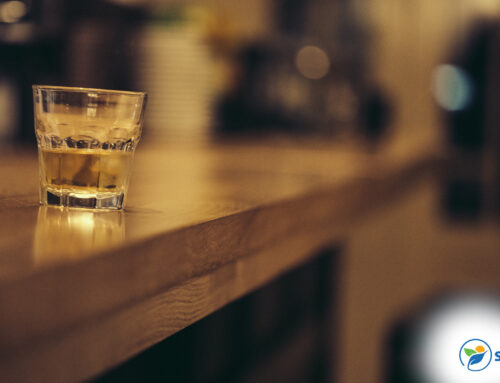Hair loss is common among Americans, especially in men. By the age of 35, two-thirds of American males experience some degree of hair loss. However, 40% of the 80 million Americans experiencing hair loss are women. To understand why so many people are experiencing hair loss, it’s necessary to look at various factors, including genetics, environmental factors and their health.
In some cases, excessive drinking can be the indirect cause of hair loss. While there’s no direct link between the two, the effects of alcohol abuse on the body are many and varied. Some of these effects impact the skin, including that of your scalp. Find out how alcohol abuse can impact your hair health and what you can do to overcome alcoholism and improve your overall wellness.
What Is the Link Between Alcohol and Hair Loss?
It’s no secret that the toxins in alcohol have an effect on your liver, heart and skin. But what does alcohol do to your hair? To avoid the repercussions of consuming alcohol, it’s best to drink responsibly and stay within the guidelines set out by the National Institute on Alcohol Abuse and Alcoholism. It suggests men consume no more than 4 drinks in a single day or no more than 14 drinks per week. For women, this limit is lower, at no more than 3 drinks in a single day or 7 drinks per week.
A 2013 study of 92 sets of identical twins looked at what factors besides genetics would impact hair loss in men. The results determined that increased alcohol consumption was one of the factors contributing to increased temporal hair loss in the study participants.
When you drink excessively, there are negative effects such as dry skin, lack of nutrition in your diet, poor quality of sleep and increased estrogen levels that can heighten the chance of hair loss. When your hair or scalp is dry, the hair becomes brittle and breaks more easily. This is also true if your diet doesn’t contain the necessary nutrients to support healthy hair growth. When your scalp is dry and inflamed, the follicles become irritated and can’t support the root of the hair properly.
Can rubbing alcohol make your hair fall out? If applied directly to the scalp, rubbing alcohol can dry out the hair follicle, resulting in dry hair, breakage and potential hair loss.
Can Binge Drinking Cause Hair Loss?
Does drinking cause hair loss? Binge drinking in particular can lead to hair loss because of the effects of this behavior on the body. Binge drinking frequently results in severe dehydration, which can cause your hair follicles to dry out. Eventually, this causes your hair to thin because the roots have insufficient support.
A 2016 cohort study found that excessive alcohol consumption (and smoking) were associated with premature signs of aging.
How the Effects of Alcoholism Can Cause Hair Loss
Can alcohol cause hair loss? Unfortunately, yes, the stress alcoholism puts on your body can cause hair loss. Nutritional imbalances and dehydration can cause damage to your hair follicles, to the point that they can no longer support the root of your hair. Over time, this leads to hair thinning and in extreme cases, hair loss.
Studies show that chronic alcohol abuse is a risk factor for malnutrition. Those abusing alcohol may be drinking instead of eating meals and, as a result, lack the nutritional intake necessary to support their body’s proper function. Deficiencies in folic acid, Vitamin B-12 and zinc are common among heavy drinkers and are also deficiencies associated with hair loss.
There’s also a link between stress and alcohol abuse, which is another potential contributing factor to hair loss among alcoholics. Whether people abuse alcohol because of stress or experience stress as a result of their drinking patterns, the effect on hair loss is the same. A study from Harvard University determined that stress has biological effects, including the impairment of hair follicle stem cells. Eventually, the impairment of the follicles results in hair loss.
Will Your Hair Come Back After Quitting Alcohol?
There are no guarantees that your hair will grow back after quitting alcohol because the hair loss could be due to various factors beyond alcohol abuse, such as genetics. However, if your hair is thinning exclusively due to the effect alcohol has on your nutritional habits and lifestyle, it’s probable that your hair will grow back when you quit drinking alcohol and make healthy changes to your habits.
You can talk to your doctor about what supplements or vitamins you should take to support regrowth of your hair, such as vitamin A, vitamin B6, vitamin B12 and zinc. It may also be beneficial to work with a dietitian to ensure you’re eating a well-balanced diet that provides your body with all the nutrition it needs.
Studies are also underway on how to stimulate or reawaken hair follicles to increase the likelihood of regrowing thinning hair, in both men and women. One study by Columbia University Irving Medical Center used this method to create a “hair farm” where new hair follicles can be awakened for better growth. With advanced technology, it’s possible to use a patient’s stem cells to grow new hair follicles in a lab that could be grafted onto the scalp.
Seek Help If You Suspect You’re Drinking Excessively
If you’re consuming more alcohol daily or weekly than the national guidelines suggest, you may have a problem. Alcohol abuse is a serious issue that requires professional intervention for the best outcomes. The team at Sunlight Recovery can offer you the support to start your journey to recovery and improve your mental and physical health.
We offer inpatient and outpatient care, including addiction detox. Addiction detox is a valuable part of our programs that enables you to stop consuming alcohol in a safe environment with medical support as you go through withdrawal.
Call us today at (888) 402-3647 to speak to one of our compassionate counselors about your treatment options.


